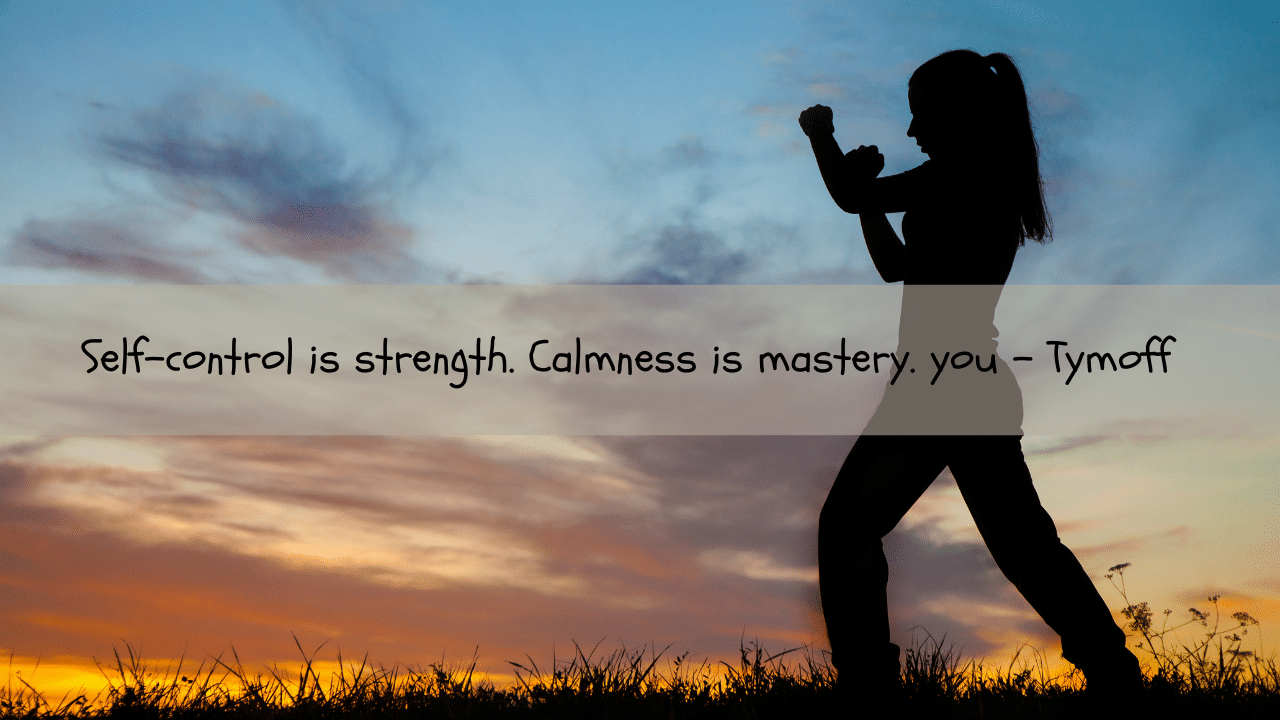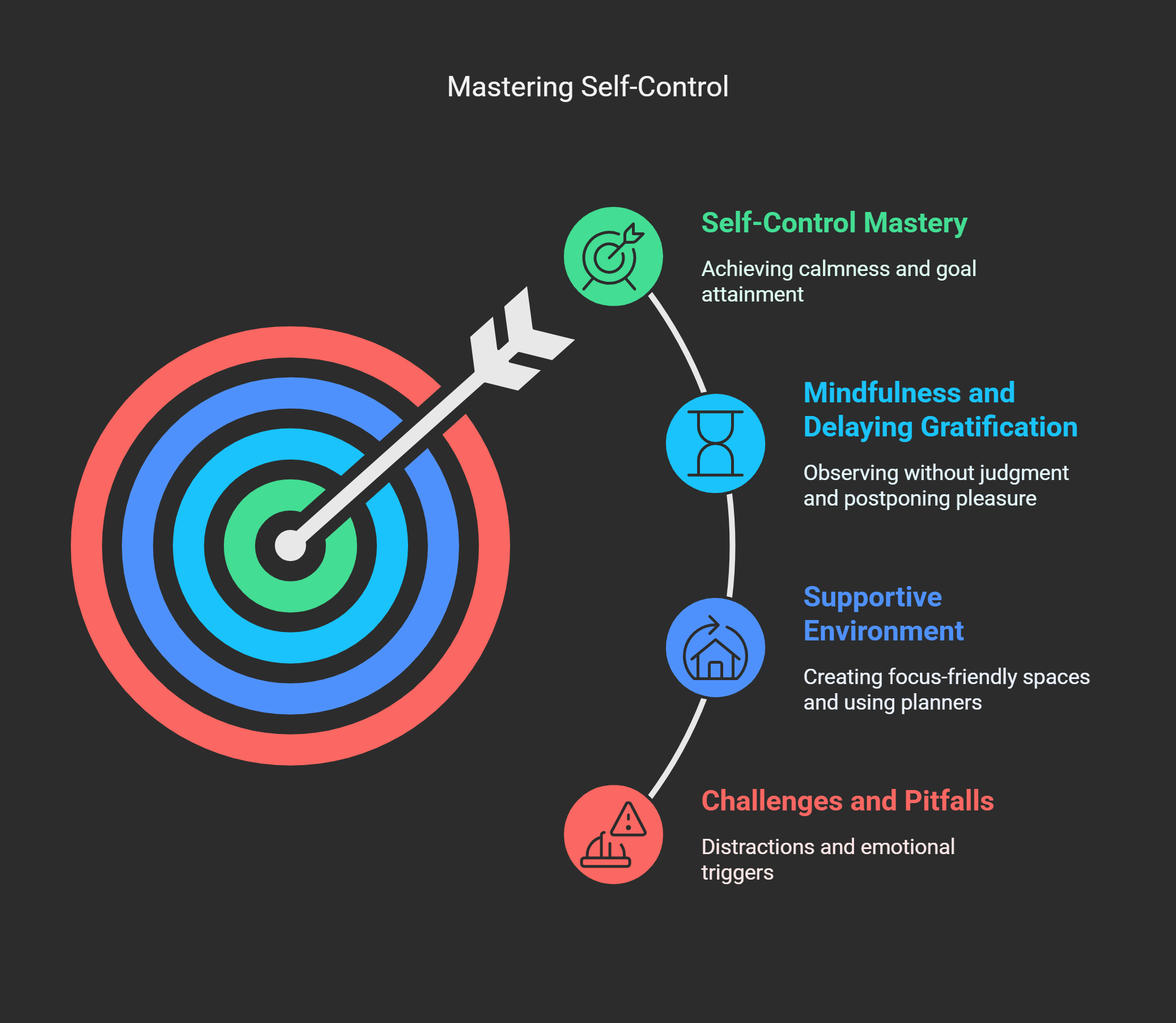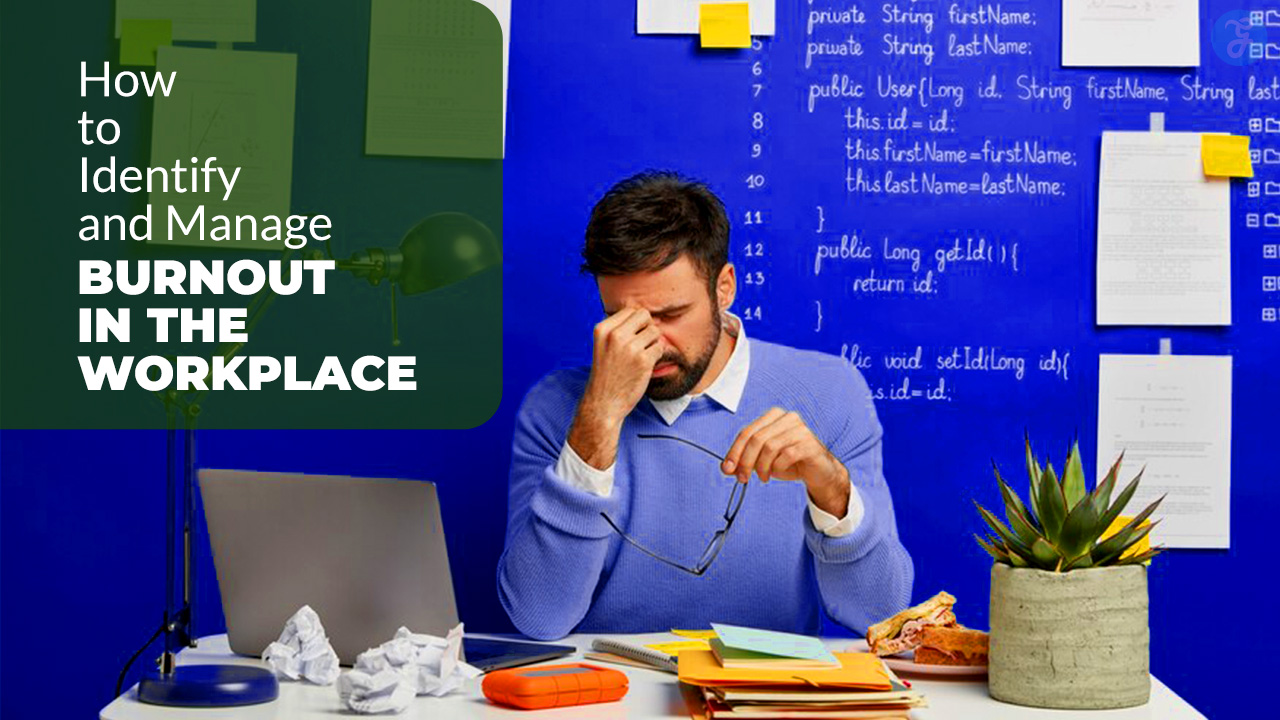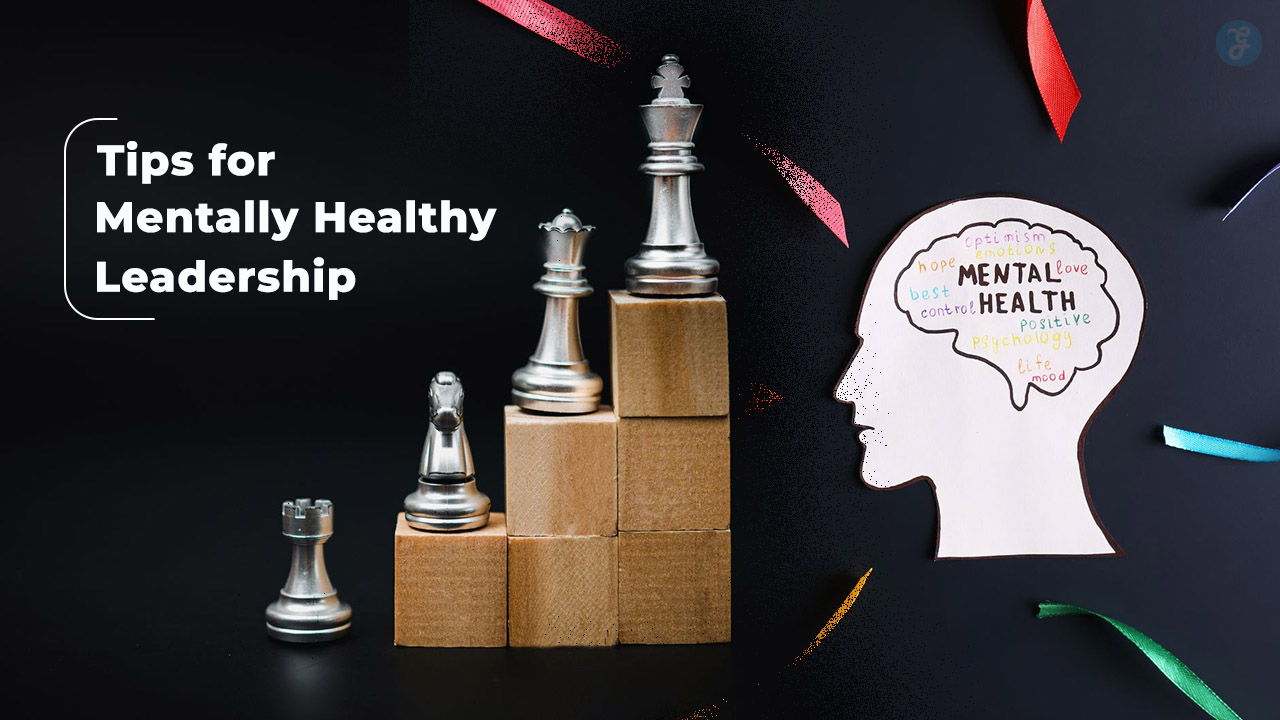Life’s challenges can be overwhelming. Many of us feel powerless and anxious, often reacting impulsively or making regrettable decisions. Staying composed during difficult times is a common struggle.
I have encountered these struggles personally. Maintaining composure when life throws unexpected obstacles is undeniably tough. However, I’ve discovered that self-control is a learnable skill. Research shows individuals with strong self-control lead happier, healthier lives.
This article offers practical methods to enhance your self-control and remain calm under pressure. You’ll discover easy-to-implement tips for making wiser choices and gaining a greater sense of control over your life. Are you prepared to strengthen your resolve? Let’s begin!
Self-control Is Strength. Calmness Is Mastery. You – Tymoff
Life often feels chaotic. We frequently act impulsively, without consideration. This might lead to shouting at friends or indulging in unhealthy food. Taking the path of least resistance seems tempting.
A superior approach exists. Many successful people use self-control as a valuable asset. It enables them to make wise decisions, propelling them towards their objectives.
Self-control Is Strength. Calmness Is Mastery. You – Tymoff. It involves managing our thoughts, emotions, and behaviors for long-term benefits. Maintaining composure during challenging times can transform obstacles into opportunities for personal growth.
We’ll examine how practices like mindfulness meditation and creating supportive environments can enhance your self-control. You’ll also discover why finding tranquility might be as simple as stepping outdoors or practicing slow, deep breathing exercises.
Are you ready to initiate change? We can start exploring this topic now.
The Essence of Self-Control
Self-control is crucial for achieving our goals. It enables us to manage our immediate desires for long-term success.
Defining Self-Control and Its Core Value
Self-control empowers us to curb impulses and act responsibly. It involves resisting temptations, like declining an extra dessert despite cravings. Personally, it means pausing before responding to irritating emails or walking away from conflicts instead of resorting to hurtful words.
This ability allows us to set and achieve objectives without succumbing to distractions or pitfalls. The true value of self-control manifests in life and career success. Individuals with strong self-control manage stress more effectively, form stronger relationships, and accomplish ambitious goals.
It’s akin to possessing a superpower that maintains composure and focus in any situation. Developing my self-control has enhanced my stability and resilience. Now, I face challenges with increased poise.
Self-Control: The Gateway to Achieving Personal Goals
Understanding self-control’s definition illuminates its significance in reaching our targets. Proficiency in self-control facilitates goal-setting and achievement.
Strong self-control enables resistance against potential distractions from objectives. This manifests as improved health decisions, more effective studying habits, and perseverance during difficult times.
Self-control functions like a muscle, strengthening with use. Regular practice enhances stress management and reduces impulsive, poor choices. This leads to improved inner well-being and increased resilience. It transforms goal attainment from a possibility into a probability.
Employing strategies like establishing clear objectives aids in maintaining focus and progress. Each self-controlled step brings you nearer to your aspirations. This demonstrates that mastering self-control truly unlocks the path to realizing your dreams.
Techniques for Enhancing Self-Control
Developing self-control requires effort. You can achieve this by practicing mindfulness and pausing before acting. Your environment also plays a crucial role. Create a space that facilitates focus and promotes positive habit formation.
The Role of Mindfulness and Delaying Gratification
Mindfulness keeps you anchored in the present moment. It trains you to observe your emotions, thoughts, and surroundings without judgment. This skill is essential for self-control. It enables you to pause and reflect before reacting impulsively.
I incorporated mindfulness through meditation and deep breathing exercises. This practice transformed my stress response. Instead of immediately reaching for snacks or my phone, I took deep breaths. I questioned my true needs in that moment.
Delaying gratification involves postponing immediate pleasure for greater future rewards. It’s comparable to saving money for a significant trip rather than making small, impulsive purchases.
This practice enhances your ability to manage thoughts, emotions, and behaviors over time. Individuals who delay gratification often experience better emotional well-being. They also tend to achieve their goals more frequently.
I established clear objectives for myself. Rewards were only granted after completing tasks. This approach helped maintain my focus and motivation. Combining mindfulness and delayed gratification creates a solid foundation for mastering self-control and calmness.
Building an Environment that Fosters Self-Discipline
Create a distraction-free, quiet area at home. This space supports daily focus and self-discipline practice. Keep devices like phones, televisions, and gaming consoles in separate rooms during work or study sessions.
This strategy makes resisting temptations easier.
Utilize planners and calendars to structure your days. Documenting tasks provides a clear action plan. Checking off completed items offers satisfaction. This process maintains motivation and keeps you aligned with your goals.
Common Challenges and Pitfalls in Practicing Self-Control
Many face challenges when practicing self-control. Some common pitfalls include:
- Distractions from electronic devices and social media.
- Unclear personal goals that lessen focus.
- Emotional triggers that prompt impulsivity.
- Inconsistent practice of relaxation techniques.
Reflect on these challenges and consider strategies to overcome them.
Understanding Calmness as a Form of Mastery
Calmness serves as a crucial skill in both the professional and personal spheres. It enhances our cognitive abilities and decision-making processes.
The Significance of Calmness in Daily Life
Calmness significantly impacts our daily focus, creativity, and productivity. It enables clear thinking and improved decision-making. This tranquil state facilitates effective stress management and promotes mental and physical well-being.
A calm mindset enhances problem-solving abilities and fosters innovation. It simplifies communication and aids in conflict resolution. Calmness strengthens relationships by improving listening skills and empathy.
How Calmness Fosters Clear Thinking and Productivity
A calm state enhances brain focus, leading to quicker problem resolution and increased creativity. During a hectic work period, this became evident.
Instead of panicking, I used deep breathing and task prioritization. The result was faster work completion with fewer errors.
Calmness boosts productivity by reducing stress levels. Lower stress decreases illness susceptibility and maintains motivation. For example, daily meditation practice has alleviated deadline pressure and increased work control.
This approach has resulted in early task completion without exhaustion.
Strategies for Achieving Calmness
Mindfulness breathing and nature immersion are essential for mental tranquility. These practices clear the mind and promote relaxation.
Techniques in Mindfulness Meditation and Breathing
Mindfulness meditation fosters inner peace and stress management. It involves sitting quietly, observing thoughts, breath, or surroundings without judgment.
Choose a tranquil space. Shut your eyes and concentrate on your breathing. Observe the air’s movement. Watch your chest expand and contract. Notice sensations at your nostrils.
- Choose a tranquil space.
- Shut your eyes and concentrate on your breathing.
- Observe the air’s movement.
- Watch your chest expand and contract.
- Notice sensations at your nostrils.
Mental wandering is natural. Simply redirect your focus to your breath.
Deep breathing also induces calmness. Try “diaphragmatic breathing.” Inhale deeply into your lungs. Allow your abdomen to expand. Exhale slowly.
- Try “diaphragmatic breathing.”
- Inhale deeply into your lungs.
- Allow your abdomen to expand.
- Exhale slowly.
This practice can reduce blood pressure, decrease stress hormones, and enhance emotional regulation.
Fancy equipment or extensive time isn’t necessary. Establish a daily routine. With consistent practice, ignoring distractions becomes easier. You’ll develop increased focus and emotional control.
Finding Peace Through Nature
Outdoor exposure benefits mental well-being. It promotes calmness and self-assurance. Trees, water bodies, and fresh air provide unparalleled serenity.
This tranquility aids stress management and decision-making. Last spring, I strolled through a park. The verdant scenery and peaceful sounds cleared my mind.
Nature’s impact extends beyond aesthetics—it’s a powerful health ally. Regular nature walks can alleviate anxiety, depression, and cardiovascular issues. These benefits contribute to a healthier lifestyle with balanced emotions.
This approach fosters self-control, mastery and sustained calmness in life.
Next, we’ll explore how journaling can further enhance stress management.
The Synergy of Self-Control and Calmness for Success
Self-control and calmness are powerful allies in our pursuit of strength. Mindfulness enhances our ability to delay gratification and builds resilience. Our environment plays a crucial role in fostering discipline.
A tranquil mind sharpens cognitive functions and increases productivity. We can cultivate inner peace through various practices. These include mindfulness meditation, deep breathing exercises, and immersive nature walks.
These straightforward techniques yield significant results. They improve health, stabilize emotions, and enhance decision-making skills. Problem-solving abilities improve, and stress management becomes more effective. Achieving major goals becomes easier as we learn to avoid distracting quick fixes.
Takeaways
Mastering self-control and calmness paves the way to living your best life. These crucial skills empower you to make wise decisions and maintain composure during challenging times. Through consistent practice, you can strengthen these abilities and boost your resilience.
Your thoughts and actions are within your control. By harnessing this power, you shape your destiny. Developing self-mastery leads to increased happiness and a more balanced existence. Cultivating these traits is an ongoing process that yields significant rewards.
As you experience life’s ups and downs, your ability to stay calm and exercise self-control will serve as invaluable tools. They’ll help you weather storms and make the most of opportunities. Embrace the journey of self-improvement, and watch as your life transforms for the better.
Disclaimer: The advice and opinions in this article are informational. They are based on personal study and experience. They are not a substitute for professional advice.











































